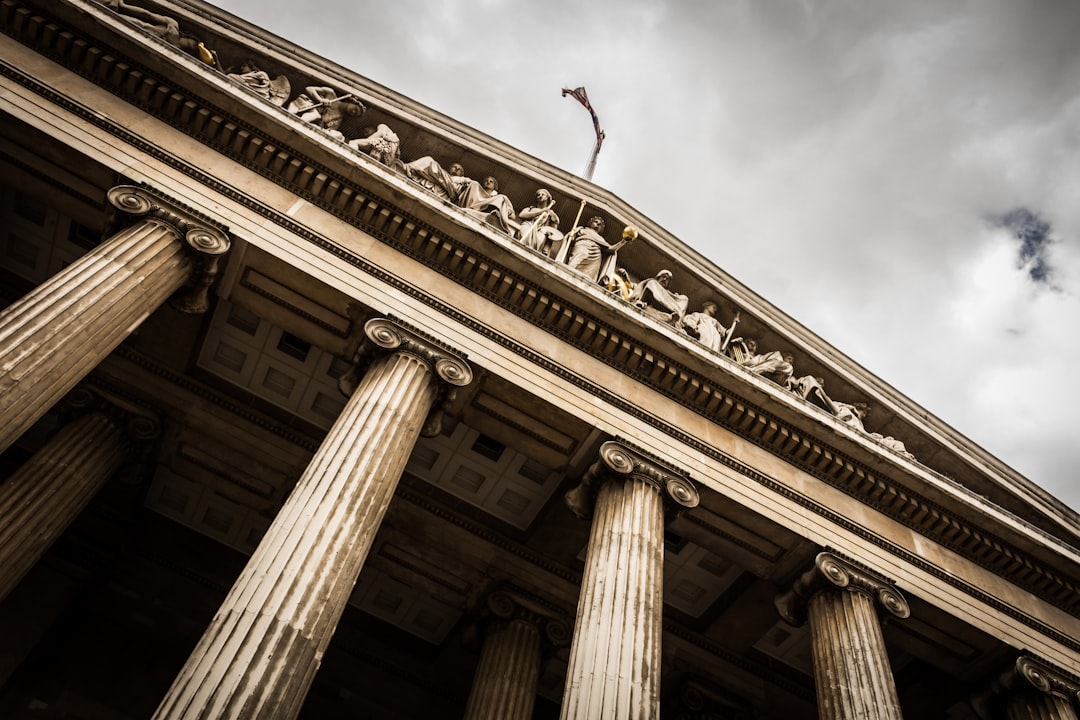Digital evidence is transforming rape investigations in Hartford, Connecticut, with advanced technology aiding rape law firms in accessing and analyzing data from mobile phones, social media, and security footage. Digital forensics experts extract and analyze this evidence using specialized software, ensuring its court admissibility and significantly impacting the strength of rape cases. This development underscores the importance for Connecticut's rape law specialists to stay updated on technological advancements to effectively serve their clients. By leveraging digital proof, including location data, explicit media, and computer forensics extracts, firms enhance legal arguments, increase convictions, and empower victims to seek justice under Connecticut's rape laws.
In the digital age, technology plays a pivotal role in rape investigations, with digital evidence becoming a crucial tool for Hartford’s legal system. This article explores how digital evidence is utilized in rape cases, from understanding its significance in criminal proceedings to its impact on Connecticut’s rape law and advocacy. By examining the role of technology, common types of collected data, and ongoing debates, we uncover the intricacies of navigating digital evidence, offering insights for those at rape law firms in Connecticut.
Understanding Digital Evidence in Criminal Cases

Digital evidence has become an integral part of criminal investigations, and rape cases in Hartford are no exception. With advancements in technology, various digital tools and platforms can now be utilized to support or refute allegations of sexual assault. This includes mobile phones, social media accounts, online messages, security camera footage, and even digital traces left on computers or electronic devices.
In the context of a rape law firm in Connecticut, understanding how this evidence is gathered, analyzed, and presented in court is crucial. Experts in digital forensics play a vital role in extracting data from these sources, ensuring its admissibility as evidence. They employ specialized software to recover deleted files, extract metadata, and analyze patterns of behavior online, which can provide insights into the victim’s movements, interactions, and potential threats or manipulation before and after the incident. This type of evidence can significantly strengthen or weaken cases, making it essential for lawyers specializing in rape law in Connecticut to stay updated with these digital advancements.
The Role of Technology in Rape Investigations

In modern times, technology plays a pivotal role in rape investigations, especially in Hartford where a rape law firm Connecticut might handle such cases. Digital evidence, including mobile phone data, social media posts, and online communications, can provide crucial insights into the events leading up to and during the alleged assault. For instance, forensic analysis of a victim’s smartphone can reveal explicit messages or calls made around the time of the incident, which may corroborate or contradict the accuser’s testimony.
Additionally, digital forensics experts can extract GPS data from devices to determine locations, helping investigators reconstruct the movements of both the victim and the accused. This technological advancement not only strengthens the case but also ensures that justice is served accurately in accordance with Connecticut’s rape laws.
Common Types of Digital Evidence Collected

In the context of rape cases, digital evidence plays a pivotal role in uncovering the truth and holding perpetrators accountable. Common types of digital evidence collected in Hartford include electronic devices such as smartphones, laptops, tablets, and cameras. These devices can store valuable information like photos, videos, text messages, call logs, and web browsing history, which can serve as critical pieces of evidence. For instance, a rape law firm in Connecticut might use mobile phone data to track the victim’s and accused’s locations during the alleged incident or analyze explicit images and videos to establish consent or identify the perpetrator.
Additionally, computer forensics experts can extract digital footprints from computers and other electronic devices, including internet history, email communications, and deleted files, which may contain evidence of planning, threats, or coercion associated with the rape. These forms of digital evidence are instrumental in building a robust case, challenging suspect stories, and providing irrefutable proof to support convictions under Connecticut’s rape laws.
Challenges and Debates Surrounding Digital Evidence

The introduction of digital evidence in rape cases has brought about a double-edged sword, presenting both significant advantages and complex challenges for Hartford’s legal system. While digital forensics can uncover crucial data like text messages, social media posts, and internet search history, which may corroborate or refute claims, it also invites debates about privacy rights and the potential for manipulation. In Connecticut, where rape law firms often navigate intricate legal battles, the admission of digital evidence is a delicate matter.
Challenges include ensuring the integrity of data, verifying the authenticity of electronic records, and establishing a chain of custody to prevent tampering. Moreover, the rapid evolution of technology makes it difficult to keep up with new forms of digital communication, creating a gap between the law and its application in real-world cases. These debates spark important conversations around balancing justice with individual freedoms, especially as rape law firms advocate for robust legal frameworks that both protect victims and safeguard the rights of the accused.
The Impact on Rape Law and Advocacy in Connecticut

In recent years, digital evidence has emerged as a powerful tool in the fight against sexual assault, significantly impacting rape law and advocacy in Connecticut. With advancements in technology, a rape law firm in Connecticut can now access and analyze digital data that may have previously gone unnoticed or undiscovered. This includes mobile phone records, social media communications, web browsing history, and surveillance footage, all of which can provide crucial insights into the circumstances surrounding a rape.
The presence of digital evidence has led to more robust cases, stronger legal arguments, and increased convictions in Connecticut. It empowers victims to seek justice by offering tangible proof to support their claims. Moreover, it challenges traditional notions of rape law by expanding the definition of evidence, ultimately advocating for a more comprehensive and effective approach to handling rape cases in Hartford and across the state.






